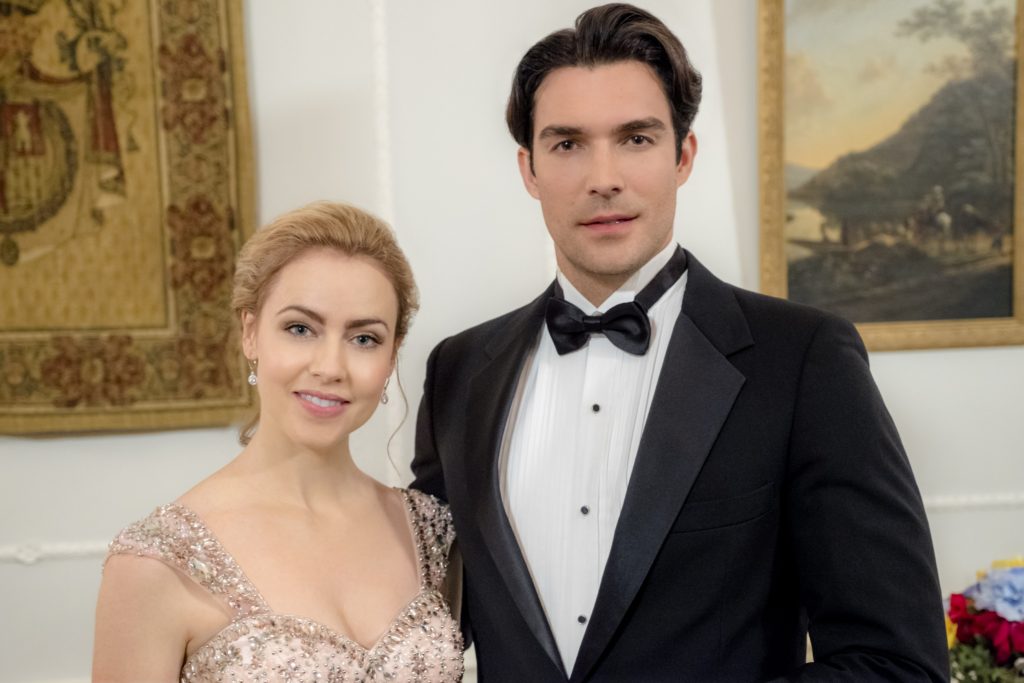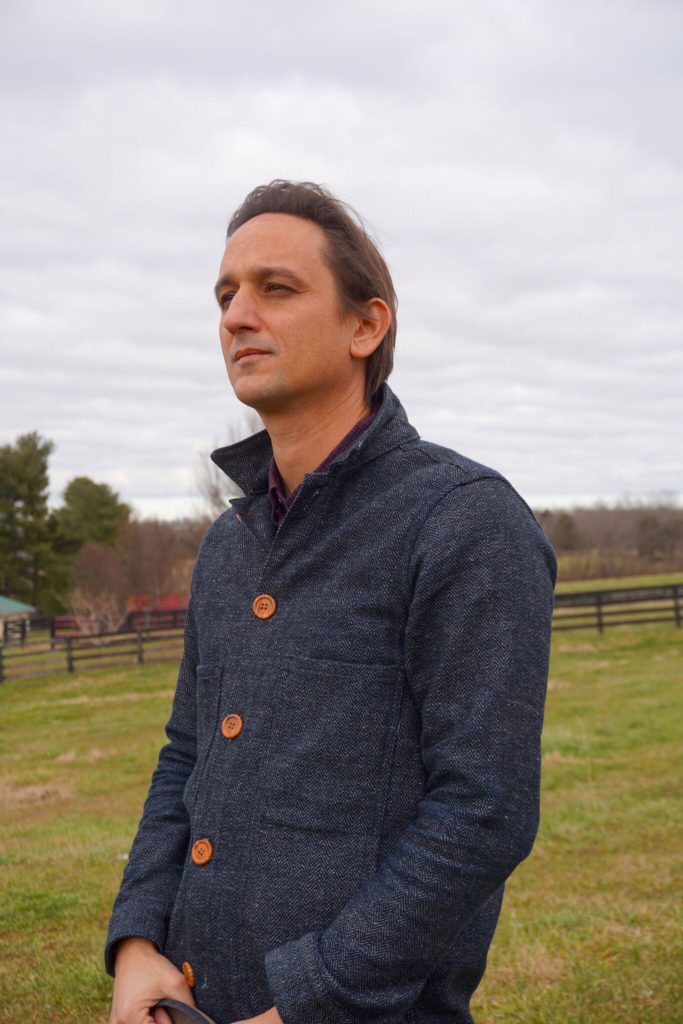 With his latest album, singer/songwriter Stoll Vaughan is inspiring dialogue, or should we say… conversation.
With his latest album, singer/songwriter Stoll Vaughan is inspiring dialogue, or should we say… conversation.
Collaborating with filmmaker Austin Lynch and artist Case Simmons, “The Conversation” is part record and part cinematic journey, spotlighting both the people and places that Vaughan encounters throughout his base of operations, Los Angeles. The music and corresponding videos where released simultaneously on March 15.
We recently sat down with Vaughan to discuss where the conversation about “The Conversation” began, how it impacted his songwriting process, and his thoughts on the future of music.
TrunkSpace: For your latest project, “The Conversation,” you opted to bring a visual element to the music. Where did that idea originate and did it change the musical journey for you?
Vaughan: Austin Lynch, the director, who is a really good friend of mine, we were spending a lot of time together as I was writing the songs. He was hearing them in the process. It was him who saw the opportunity to bring the essence of them alive, acoustically and visually. It changed the musical journey because it allowed me to start this record with the fundamentals of my voice, and my guitar.
TrunkSpace: Was any of the music written with a particular visual purpose or did the cinematic element marry into the relationship after the fact?
Vaughan: The songs weren’t written with a visual purpose. Austin and I saw an opportunity to collaborate together again and it was my role to allow him to find the visual storytelling. He is a wonderful artist and I’ve always believed in his abilities.
TrunkSpace: How did the creative team come together on “The Conversation” and does it take a leap of faith to put your own creative offspring in the hands of another creator, albeit from another medium?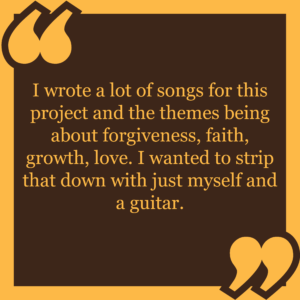
Vaughan: For this project, it was easy. Austin and I had already worked together on “The Interview Project, The Making of There Will Be Blood,” and a few others. So I knew his direction and trusted in his talents. He had started Tête-à-Tête, (a creative studio) with artist Case Simmons, so it is a really strong team. My job was to provide him with the resources and ability to get across what he wanted to get across. On something like this I don’t feel it is necessary for me to micromanage the creatives because I understand that only hinders the process and product. I see that it could be perceived as a leap of faith, and at times the emotions for your offspring come with fear. Again, I believe in trusting others. That is the foundation of this continual project. But you must believe in the people you are working with and why you want to work with them. That is hard at times, but this project is about that conversation between people.
TrunkSpace: There are some great cinematic portraits of people featured throughout “The Conversation.” Was the human element of the project – putting a face on the people you came across, so to speak – part of the original concept?
Vaughan: Yes. It is in the same style as “The Interview Project.” Austin is really a great documentarian. The words in my songs can be captured in faces and scenes.
TrunkSpace: What are you most proud of with this particular project?
Vaughan: How real it is. I perform the songs and someone that I trust was able to tell those stories the way he could interpret them, which when I watch them, they are true in their aim and you don’t get any riff raff that gets in the way of storytelling through song and visual. I couldn’t ask for more. Los Angeles is where I live. These songs are universal. As I perform them by myself, the visuals can carry the songs deeper.
TrunkSpace: What does your songwriting process look like? Can you walk us through how a song goes from core concept to completion?
Vaughan: Every song is different. With this project in particular, it started with myself and a guitar. At first I was seeking acoustic guitar parts à la, Ry Cooder. I was playing a lot of guitar and open tunings. What transpired was I started finding lyrics and melodies that were going with the parts I was writing. So in its infancy I had “I Was All Alone” and “Forgiveness” and that was the foundation to explore further. Sometimes they would start with lyrics and sometimes with guitar, but I would just commit to writing it all the way through and not judging it until afterwards. I wrote a lot of songs for this project and the themes being about forgiveness, faith, growth, love. I wanted to strip that down with just myself and a guitar.
TrunkSpace: Lyrically are you someone who likes to write from experience or do you take a more storyteller’s approach?
Vaughan: I write from experience.
TrunkSpace: Are you somebody who can shut off the creative brain or is it always writing and processing, even when you’re in your day-to-day routine?
Vaughan: I would say that it’s always processing. But inspiration is a funny thing. When it comes, my day to day is all about capturing it. But we all have so many fears and insecurities that sometimes it’s hard to even recall how to write a song. But life is still going on, and I believe those things are stored in the sub-conscience, waiting to find a time where I can be present.
 TrunkSpace: When you finish a project like “The Conversation,” do you need to step away from songwriting and refuel the creative tank, or do you find yourself immediately stepping into the next endeavor?
TrunkSpace: When you finish a project like “The Conversation,” do you need to step away from songwriting and refuel the creative tank, or do you find yourself immediately stepping into the next endeavor?
Vaughan: With this project, “The Conversation,” I have seen it as a multiple part endeavor. It started with me, a guitar, and the videos and now I have more work to do. I have to expend a lot of creative energy mapping it out. There is also the part of me that would rather be hiding in the mountains fly fishing for trout.
TrunkSpace: Where are you hardest on yourself as an artist?
Vaughan: It’s very typical for artists to never feel satisfied. I think constructive critique while I’m working on something can be positive. I believe that I was given this gift to create so I can’t beat myself up, or I start missing the point. Yet, that doesn’t stop me from missing the point sometimes. I just keep trudging and engaging the process. When I engage the process, I can find freedom in the moment.
TrunkSpace: Are you optimistic about the future of music? Being in the industry, have you gotten the sense that there is a next generation of voices ready to step up and carry the torch? If so, who are some artists that you believe could leave their mark on the future of music?
Vaughan: Yes, I’m optimistic. The next generation of artist will be digital natives. They will understand the landscape and understand where their audience can be found. My only concern is for the tradition and structure of songwriting. With so many musical choices, the song can become second fiddle. If that’s the case, then we are in a lot of trouble. But I hear amazing stuff all the time. When I hear the lyrics of Kendrick Lamar I know that songwriting is in an amazing place.
TrunkSpace: Yes, this is a bit of a vague, all-encompassing question, but… what’s next for you?
Vaughan: As I said, there are several more parts of “The Conversation.” Let’s see where that takes me…
“The Conversation” is available now.


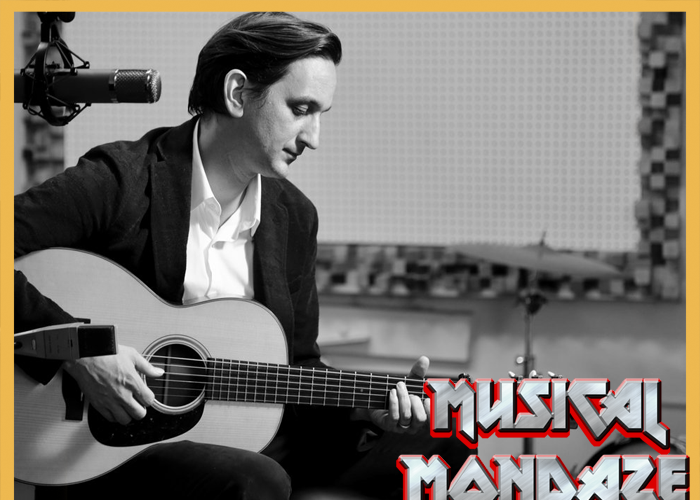
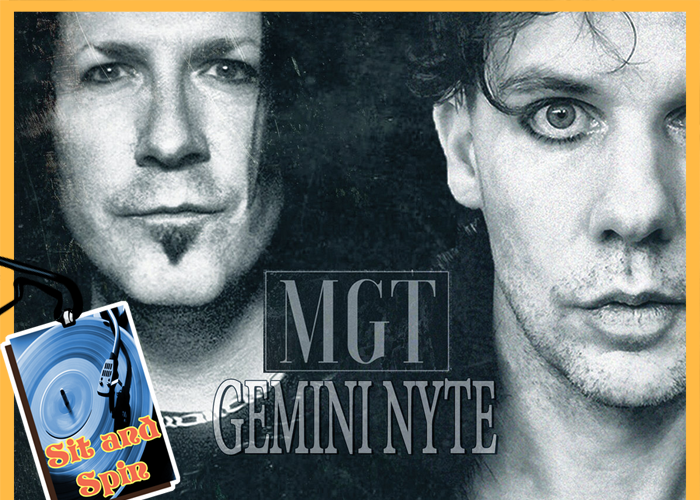
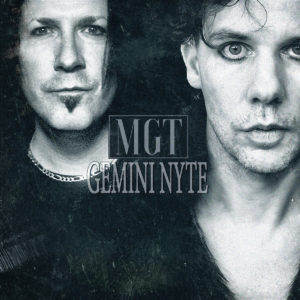 Artist: MGT
Artist: MGT

 Game
Game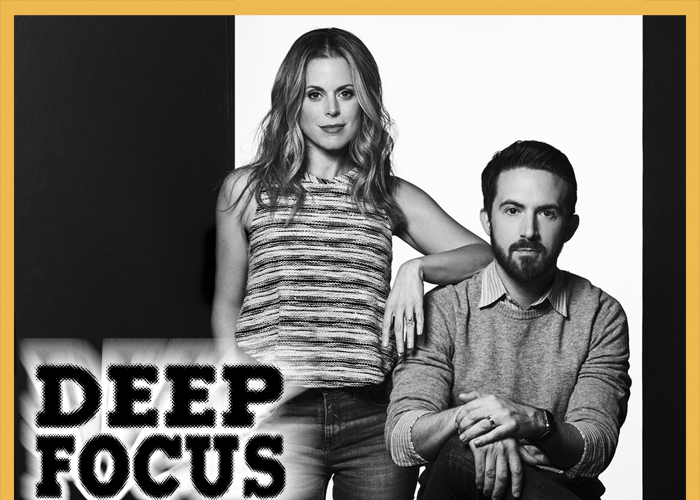
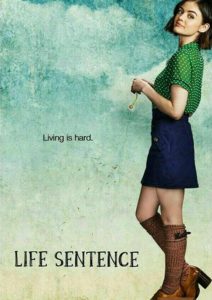 In our ongoing column Deep Focus, TrunkSpace is going behind the camera to talk with the directors, writers, and producers who infuse our world with that perennial pop culture goodness that we can’t get enough of.
In our ongoing column Deep Focus, TrunkSpace is going behind the camera to talk with the directors, writers, and producers who infuse our world with that perennial pop culture goodness that we can’t get enough of.

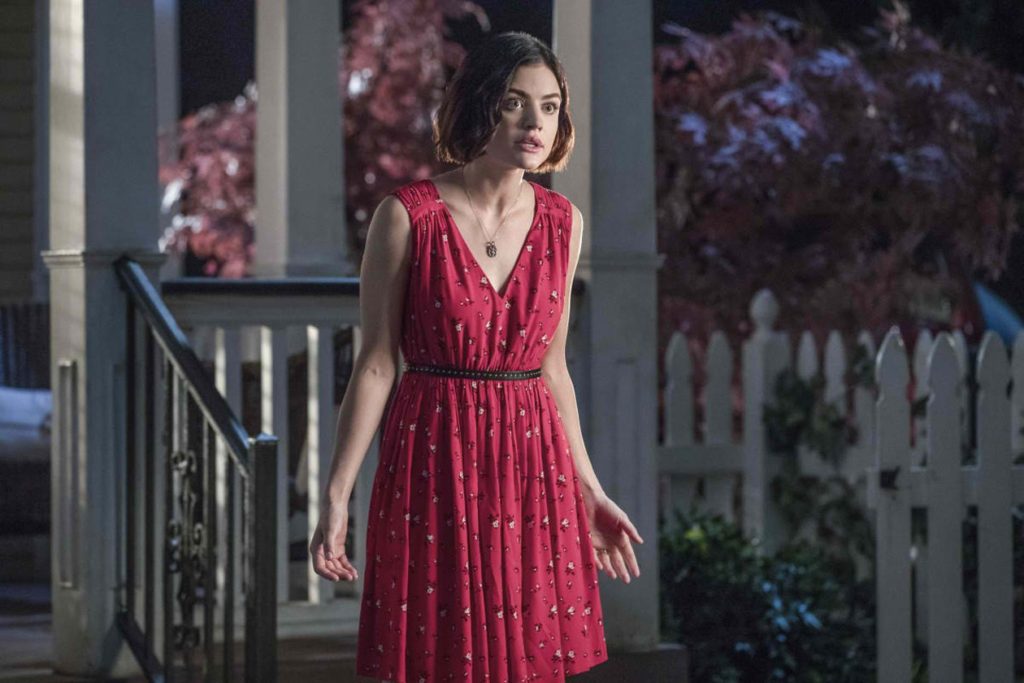


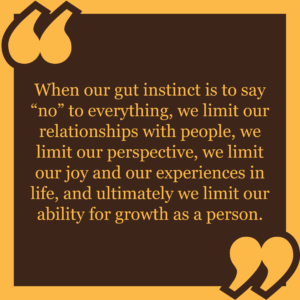 going to college in NYC (Marymount Manhattan College) for theatre performance with a minor in musical theatre. My training, aside from the musical theatre classes, was all drama. At that point, I had forgotten the dream of doing comedy and was super intent on being a starving Shakespearean actor. But when my senior year rolled around, I finally got to do a comedic scene. It was in a “Dance for Actors” class, and I’ll never forget Professor Haila Strauss pulling me aside after my scene and saying, “You need to go do comedy.” I was so confused and annoyed at the time. I had plunged myself into massive college debt (no one paid for my college, and despite getting the Presidential Scholarship I still owed an astronomical amount of money when I graduated because a private college just can’t get the same funding that big schools get) for a degree in DRAMA and she was telling me to go do comedy?
going to college in NYC (Marymount Manhattan College) for theatre performance with a minor in musical theatre. My training, aside from the musical theatre classes, was all drama. At that point, I had forgotten the dream of doing comedy and was super intent on being a starving Shakespearean actor. But when my senior year rolled around, I finally got to do a comedic scene. It was in a “Dance for Actors” class, and I’ll never forget Professor Haila Strauss pulling me aside after my scene and saying, “You need to go do comedy.” I was so confused and annoyed at the time. I had plunged myself into massive college debt (no one paid for my college, and despite getting the Presidential Scholarship I still owed an astronomical amount of money when I graduated because a private college just can’t get the same funding that big schools get) for a degree in DRAMA and she was telling me to go do comedy?
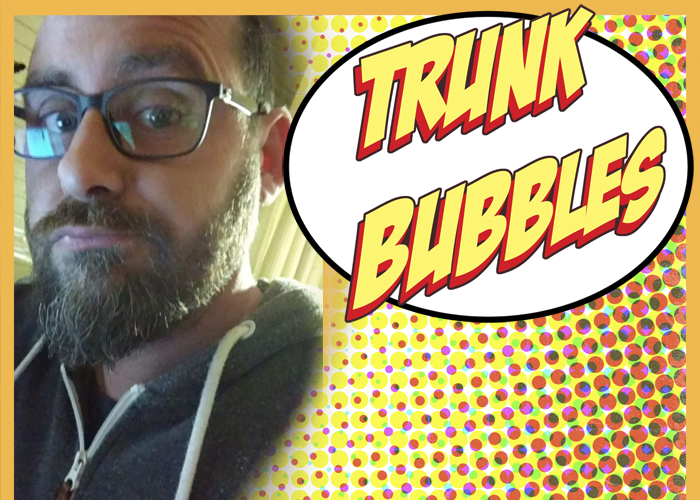
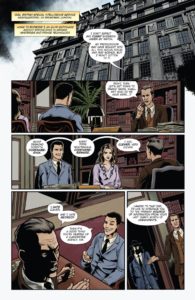 Name: Ismael Canales
Name: Ismael Canales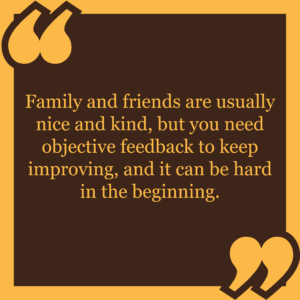
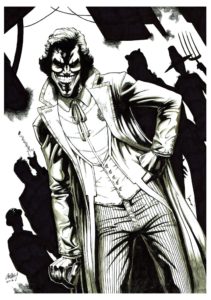 TrunkSpace: Is there a particular character or universe you always find yourself returning to when you’re sketching or doing warm-ups?
TrunkSpace: Is there a particular character or universe you always find yourself returning to when you’re sketching or doing warm-ups?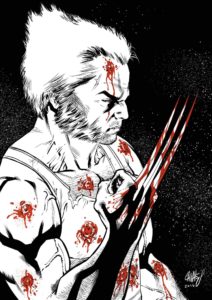
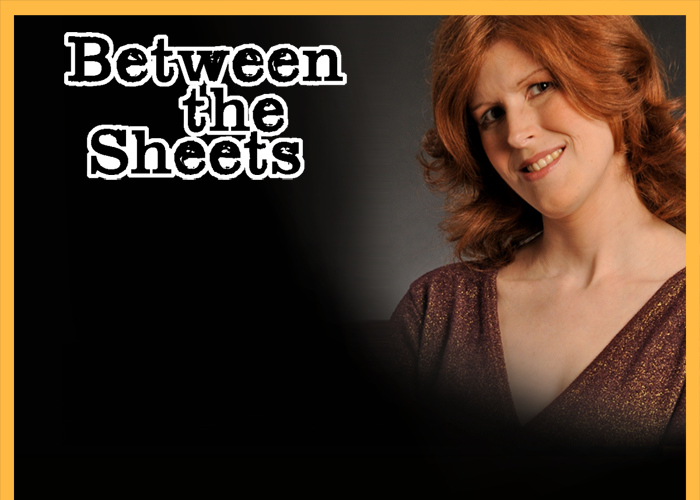
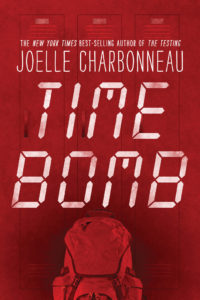 In our ongoing feature Between the Sheets, TrunkSpace picks the imaginative brains of authors to break down what it takes to create the various worlds and characters they breathe life into via the tools of their trade… sheets of paper. While technology continues to advance and change the pop culture landscape, the written word has remained one of the most consistent and imaginative art forms.
In our ongoing feature Between the Sheets, TrunkSpace picks the imaginative brains of authors to break down what it takes to create the various worlds and characters they breathe life into via the tools of their trade… sheets of paper. While technology continues to advance and change the pop culture landscape, the written word has remained one of the most consistent and imaginative art forms.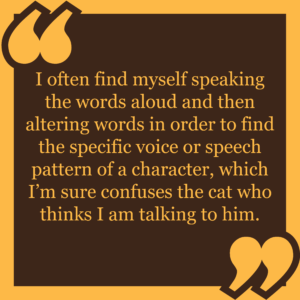
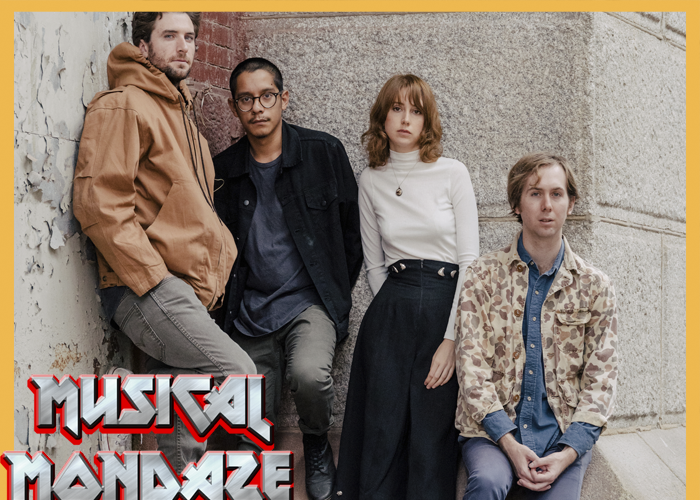

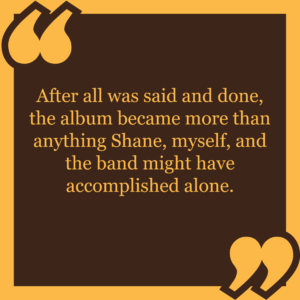

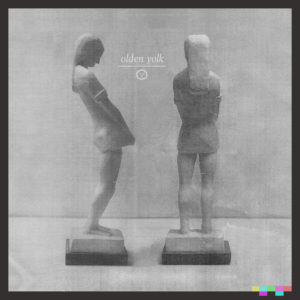 TrunkSpace: Where are you both hardest on yourselves as artists?
TrunkSpace: Where are you both hardest on yourselves as artists?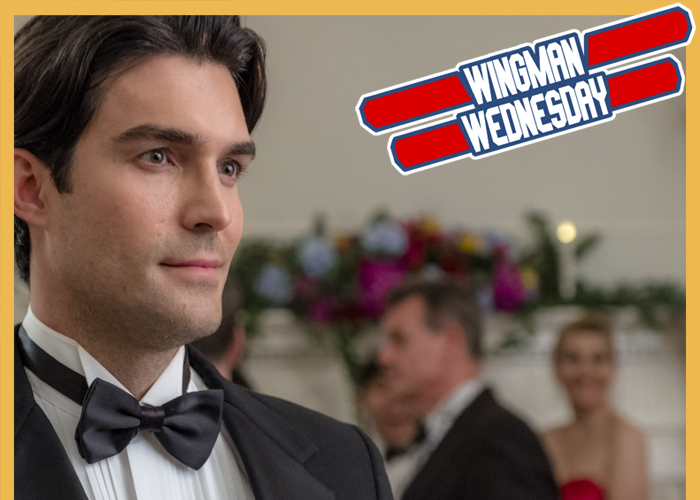

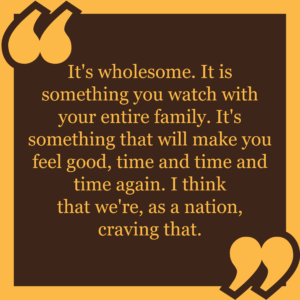
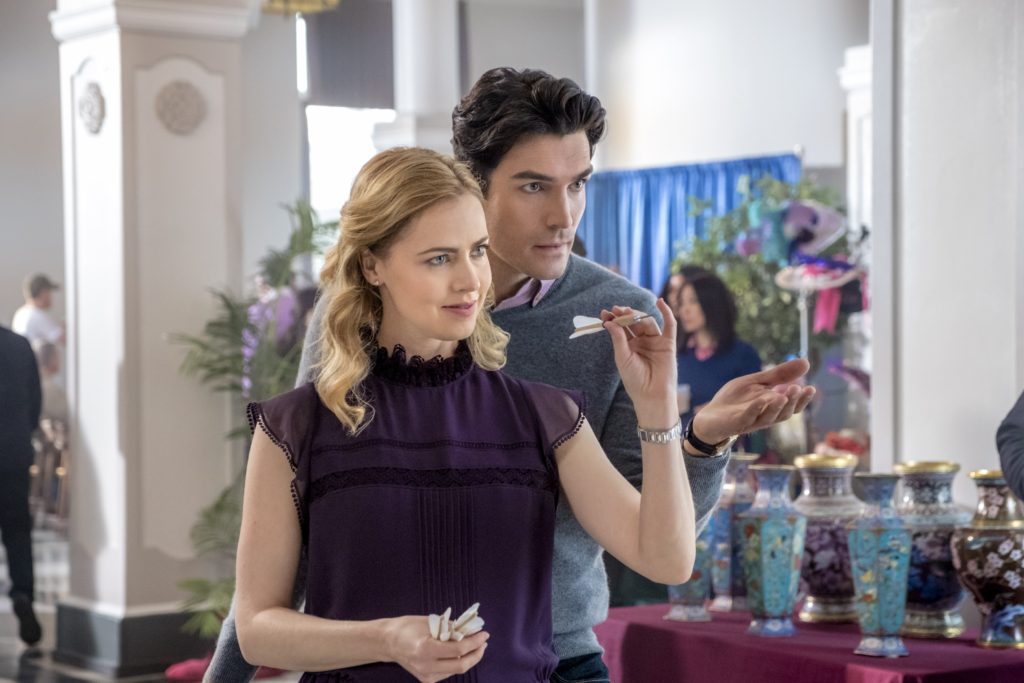
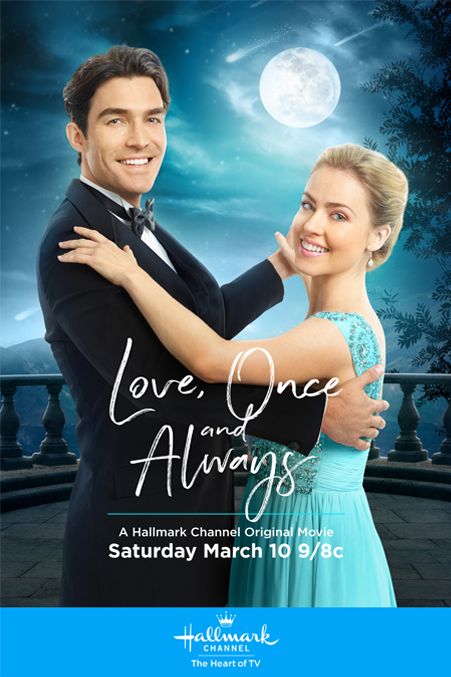
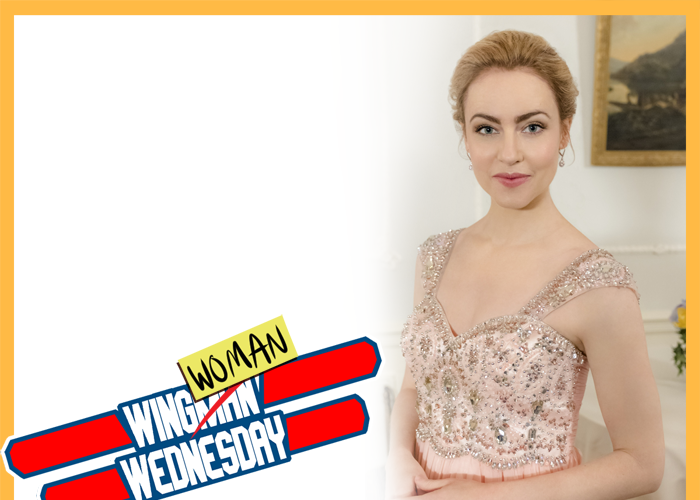
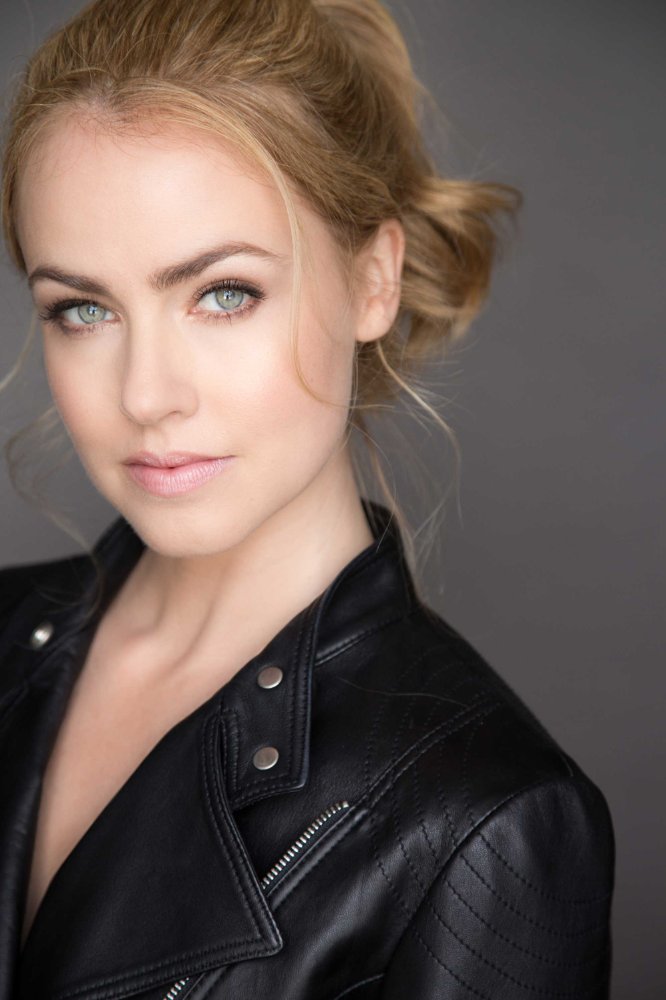 Times change, and in certain fictional circumstances, Amanda Schull has had a hand in it. As Dr. Cassandra Railly in the SYFY series “12 Monkeys,” the Honolulu native has been traveling through time for three season (the fourth and final kicks off later this year), doing her very best to save humanity from its own premature swan song. It’s dramatic, mind-bending television, often dark and emotional, so it’s exciting to see Schull taking a break from the future to live in the present with Hallmark Channel’s latest movie, “Love, Once and Always,” which premieres this Saturday.
Times change, and in certain fictional circumstances, Amanda Schull has had a hand in it. As Dr. Cassandra Railly in the SYFY series “12 Monkeys,” the Honolulu native has been traveling through time for three season (the fourth and final kicks off later this year), doing her very best to save humanity from its own premature swan song. It’s dramatic, mind-bending television, often dark and emotional, so it’s exciting to see Schull taking a break from the future to live in the present with Hallmark Channel’s latest movie, “Love, Once and Always,” which premieres this Saturday.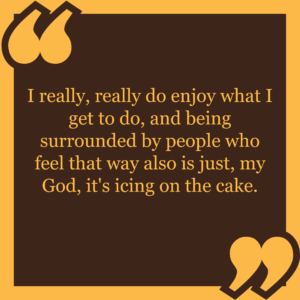 the opportunity to juggle a handful of characters at the same time and show so many different sides of themselves.
the opportunity to juggle a handful of characters at the same time and show so many different sides of themselves.